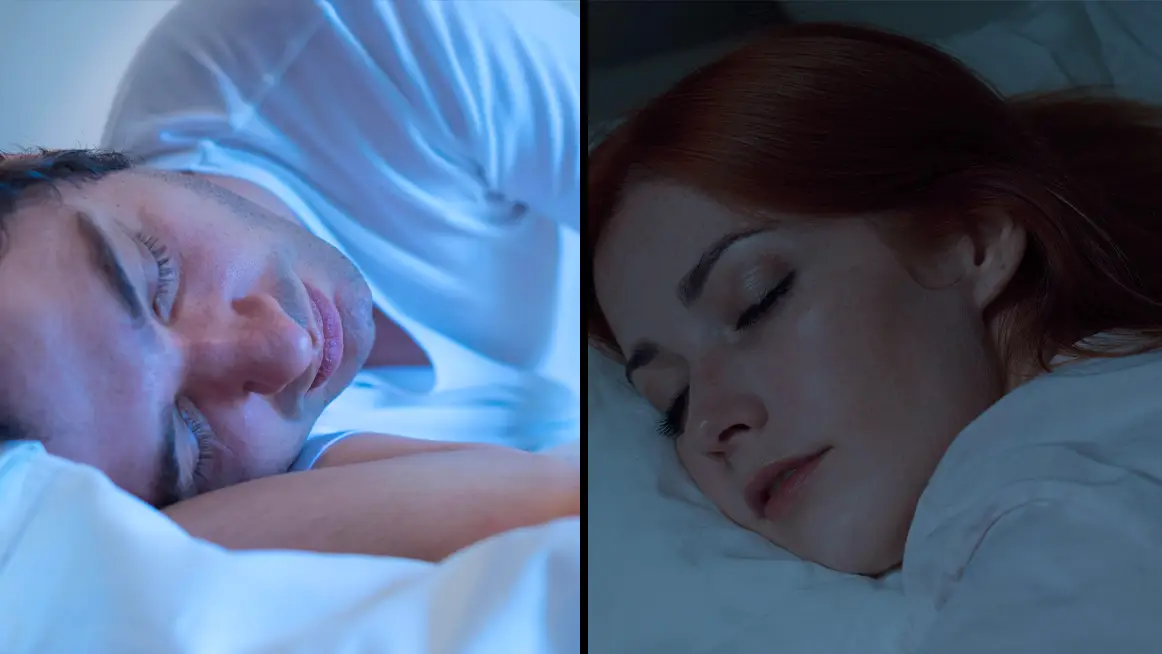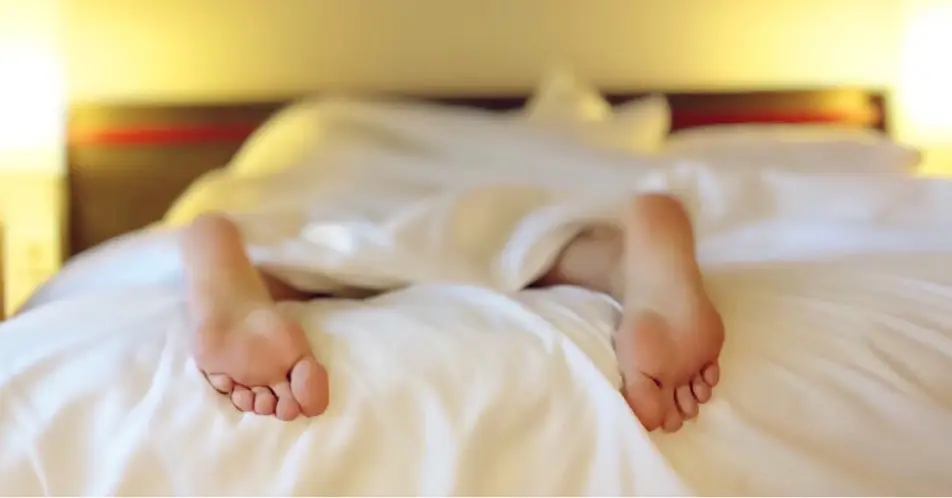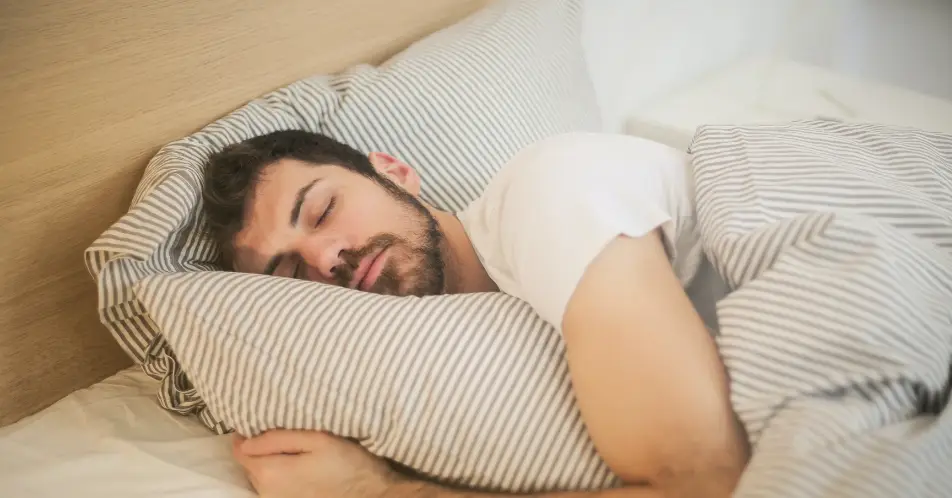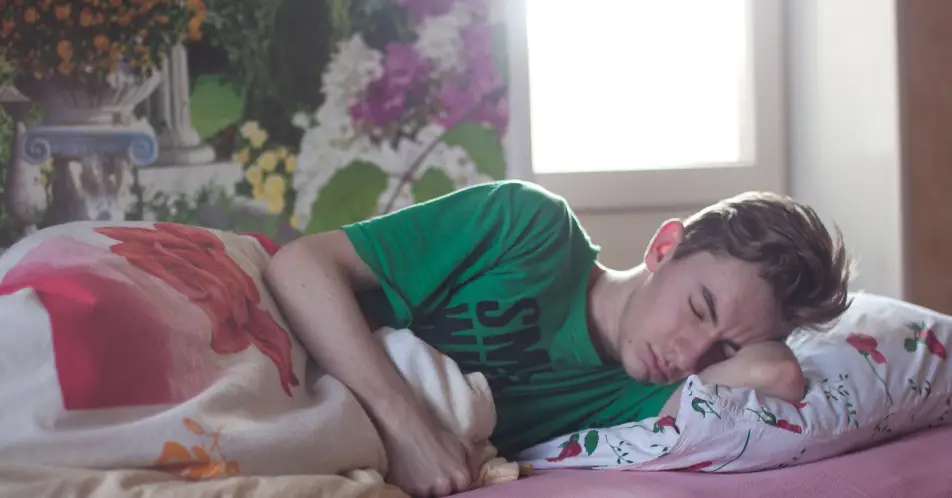
When the day finally comes to an end and it's time to hit the hay, does it take you a while to drift off to sleep, or are you out for the count within minutes?
Well, if it's the latter, you might have unhealthy sleeping habits, according to one expert.
Dr Sophie Bostock, aka The Sleep Scientist, says that falling asleep in under five minutes after getting into bed could be a 'bad sign'.

Advert
The expert, who has a PhD from UCL, has been an advocate on the importance of sleep for years.
Dr Bostock has now warned that, while getting your seven to nine hours of sleep is important, it's not the only thing to be concerned about when it comes to bedtime.
For example, if it's taking you less than five minutes to fall asleep when your head hits the pillow, you're probably sleep deprived, she claims.
Speaking to Louise Michin on the Her Spirit podcast, Dr Bostock explained: 'If you fall asleep as soon as your head hits the pillow, this is very often a sign of sleep deprivation.
"If you are falling asleep within five minutes of getting into bed, the chances are actually you could probably benefit from a bit more sleep."
According to the NHS, the average adult needs seven to nine hours of sleep, while the average child needs nine to 13 hours.

She added that the ideal amount of time to fall asleep within is about 15 to 20 minutes.
Dr Bostock stated: "But if it's regularly taking more than half-an-hour you might want to look at your sleep habits."
And what definitely doesn't help your sleeping pattern is scrolling through TikTok or binge-watching a TV series.
She explained: "When we're tired we're very susceptible to sleep procrastination, so try to make the decisions about sleep when you're not tired.
"The problem comes when we're already tired and we can't be bothered to stop.
"That's why Netflix does that automatically playing the next episode thing."
If you're starting to worry that you might not be getting enough sleep, Dr Bostock shared her top recommendation for fixing your sleeping patterns.

She told listeners: "Don't get into bed until you're sleepy tired.
"When you actually feel your eyelids getting heavy, perhaps a little bit itchy, that's a cue that your body is ready for bed.
"We want to develop a positive mental association between our beds and sleep."
